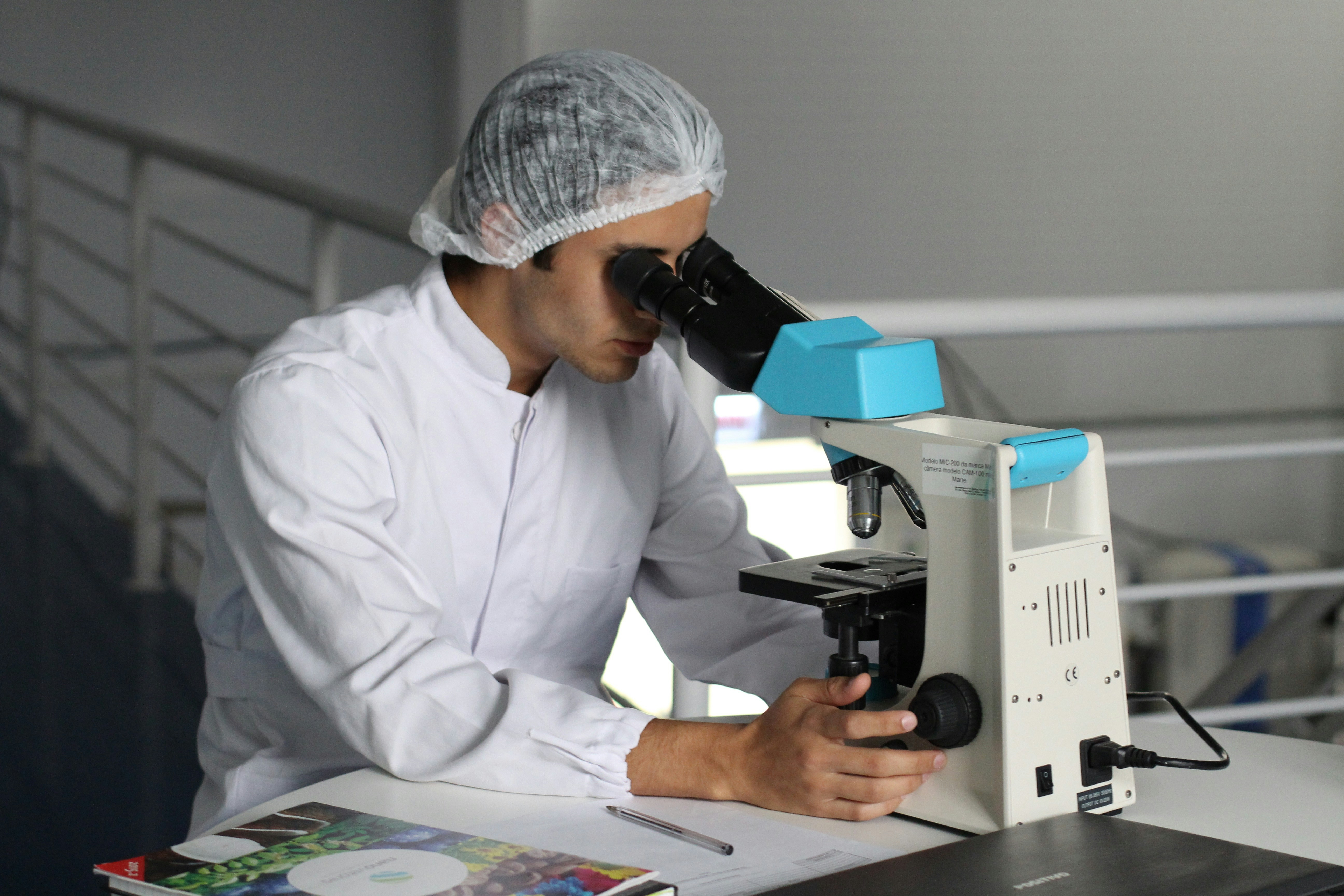Donating your body to medical science is a generous and valuable act that can help train the next generation of doctors and support vital research. If you’re considering this option, it’s important to understand what’s involved, how to register, and what your loved ones should expect.
In this guide, we break down how body donation works in the UK, what to consider, and how you can make your wishes known using The Farewell Guide's planning tool.
1. Why donate your body?
Medical schools rely on body donations to help students learn human anatomy in real, meaningful ways. These donations also support surgical training and specialist research. While not for everyone, many people find comfort knowing that their body will help others even after death.
2. Who can donate?
Not everyone will be accepted, and it’s not something that can be arranged by family members after death. You must register your interest before you die, with the medical school or institution you want to donate to.
Generally, you can donate if:
-
You are over 18
-
You are in relatively good health
-
Your body does not pose an infection risk (e.g. certain diseases may prevent donation)
Each donation is assessed individually after death. Even if you’re registered, your body may not be accepted due to:
-
Organ donation
-
Infectious disease
-
Post-mortem requirements
-
Time elapsed since death
3. How to register
In the UK, body donation is arranged directly with medical schools that are licensed by the Human Tissue Authority (HTA). You can find a list of these on the HTA website.
To register:
-
Contact your chosen medical school directly
-
Fill out their consent forms (you may need a witness)
-
Share your decision with loved ones and your GP
-
Keep a copy of your signed forms somewhere accessible
4. What happens after you die?
When you die, your family (or whoever is with you) needs to contact the medical school as soon as possible. The body must usually be collected within 3-5 days.
If accepted, the school will usually:
-
Arrange collection of the body
-
Use the body for teaching and/or research for 1 to 3 years
-
Arrange a respectful cremation or burial, often at their expense
Some schools offer memorial services for all donors. Families are sometimes invited to attend.
If the body is not accepted, your family will need to arrange a funeral.
5. Things to consider
-
You cannot donate your body and your organs. It's usually one or the other.
-
You may not be accepted, even if registered. Always have a backup funeral plan.
-
Some schools do not return ashes. If this matters to you, ask about their policy.
-
Donations are not typically accepted from people who die abroad or far away from the medical school.
6. Make your wishes known
Since donation is only possible if the medical school is contacted quickly after death, your family or next of kin must be fully aware of your decision.
Using The Farewell Guide, you can:
-
Record your wish to donate your body
-
Save and securely share it with loved ones
-
Make a backup funeral plan, just in case
-
Compare prices from local funeral directors if needed
Our online planner is easy to use, and ensures your wishes are known and accessible when they matter most.
7. Final thoughts
Donating your body to science is a powerful gift that can support education and medical progress. It’s a decision that requires planning, communication, and the right paperwork.
Use The Farewell Guide to make the process simple. Record your preferences, inform your loved ones, and ensure that whether your donation is accepted or not, your end-of-life wishes are clearly understood.
Suggested Reading:
How to Talk to Your Family About Funeral Wishes
Cremation: Direct, Attended and Unattended
Types of Burial in the UK: From Eco-friendly to Traditional
